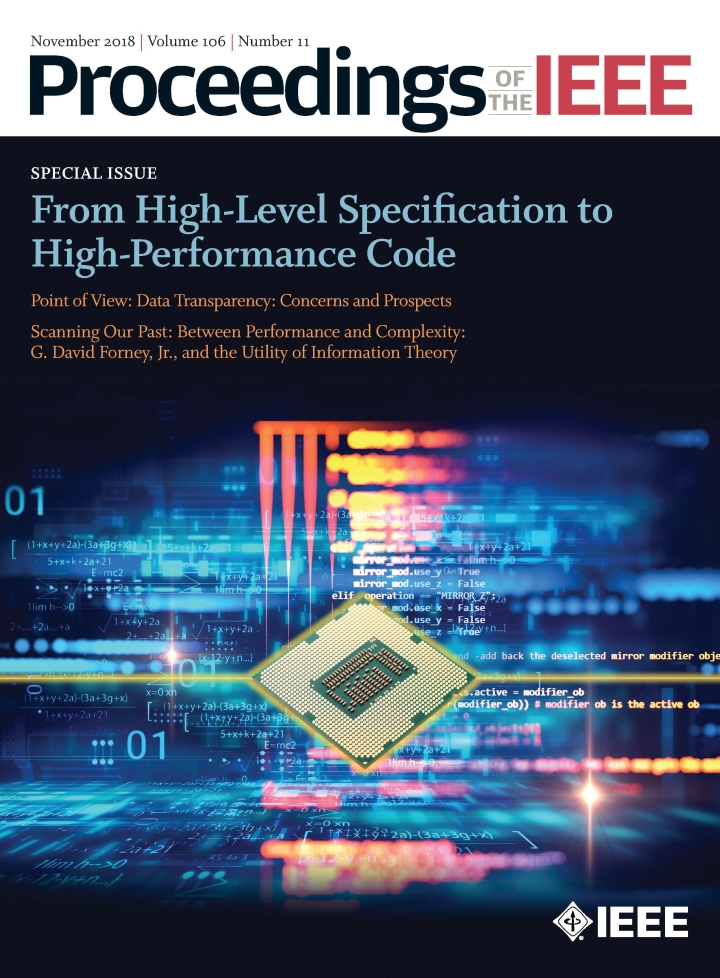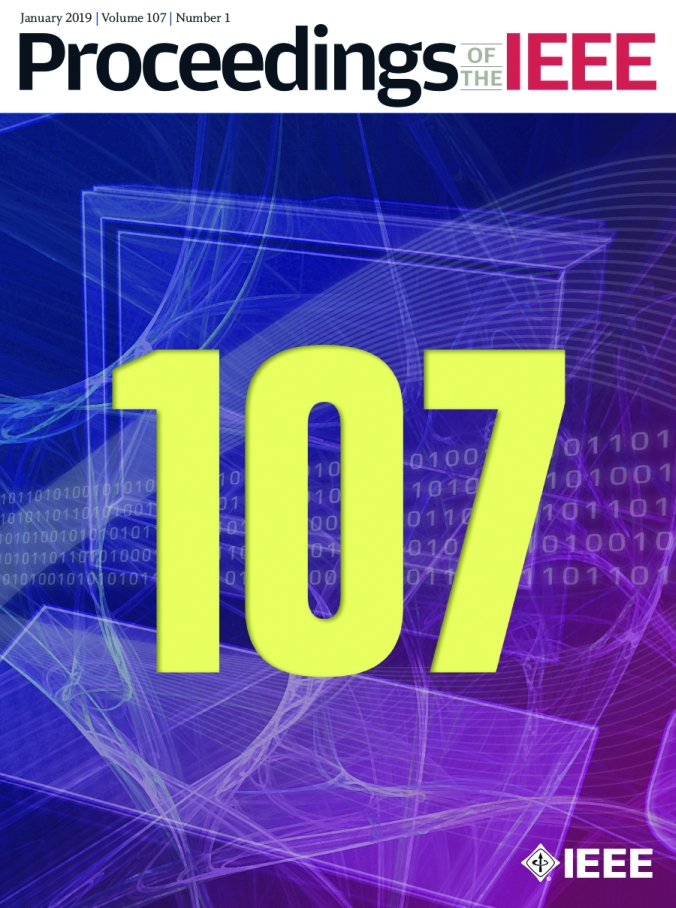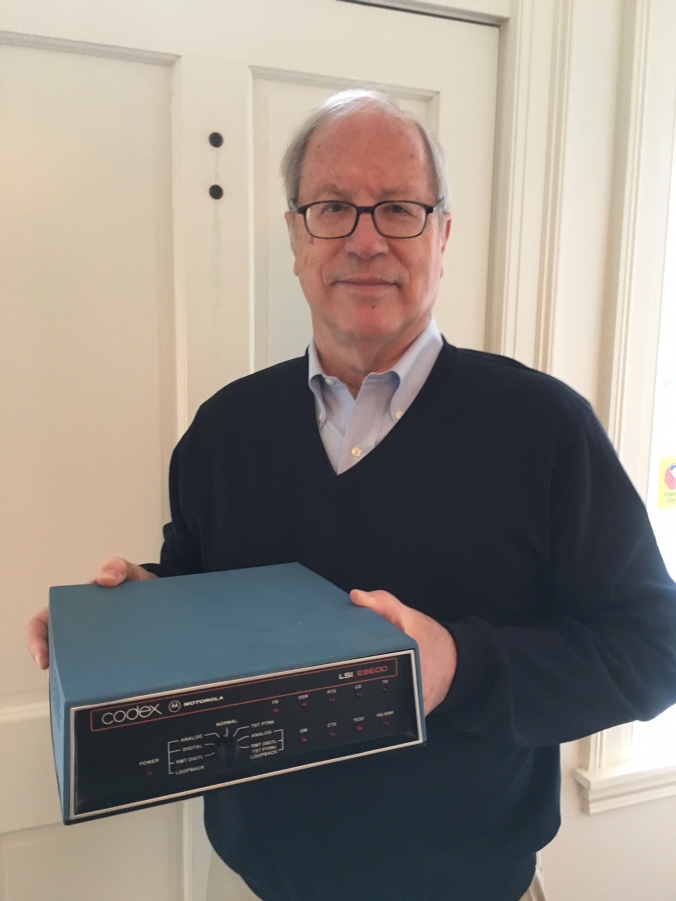2018 Journal Issues November 1, 2018


Special Issue: From High-Level Specification to High-Performance Code
Volume 106, Issue 11
November 2018
Guest Editors




Special Issue Papers
By F. Franchetti, J. M. F. Moura, D. A. Padua, and J. Dongarra
By Z. Wang and M. O’Boyle
This paper discusses machine-learning-based compilation techniques, which have become mainstream.
By P. S. Rawat, M. Vaidya, A. Sukumaran-Rajam, M. Ravishankar, V. Grover, A. Rountev, L.-N. Pouchet, and P. Sadayappan
This paper discusses the compilation of a domain-specific language used to target graphics processors.
By M. M. Strout, M. Hall, and C. Olschanowsky
This paper discusses an inspector–executor approach for sparse polyhedral programs.
By F. Franchetti, T. M. Low, D. T. Popovici, R. M. Veras, D. G. Spampinato, J. R. Johnson, M. Püschel, J. C. Hoe, and J. M. F. Moura
This paper provides an end-to-end discussion of the SPIRAL system, its domain-specific languages, and code generation techniques.
By C. Schmitt, S. Kronawitter, F. Hannig, J. Teich, and C. Lengauer
This paper discusses domain-specific languages and code generation targeting stencil computations in the context of the German ExaStencil effort.
By W. Jalby, D. Kuck, A. D. Malony, M. Masella, A. Mazouz, and M. Popov
This paper provides a mainly European perspective on the road to ExaScale.
By B. R. de Supinski, T. R. W. Scogland, A. Duran, M. Klemm, S. Mateo Bellido, S. L. Olivier, C. Terboven, and T. G. Mattson
This paper discusses the OpenMP framework’s past, current status, and anticipated future in the face of the evolving CPU and accelerator landscape.
By S. Saeedi, B. Bodin, H. Wagstaff, A. Nisbet, L. Nardi, J. Mawer, N. Melot, O. Palomar, E. Vespa, T. Spink, C. Gorgovan, A. Webb, J. Clarkson, E. Tomusk, T. Debrunner, K. Kaszyk, P. Gonzalez-De-Aledo, A. Rodchenko, G. Riley, C. Kotselidis, B. Franke, M. F. P. O’Boyle, A. J. Davison, P. H. J. Kelly, M. Luján, and S. Furber
This paper shows for the important example of simultaneous localization and mapping (SLAM) the compilation and tuning techniques necessary to reach high performance.
By J. Dongarra, M. Gates, J. Kurzak, P. Luszczek, and Y. M. Tsai
This paper discusses automatic performance tuning for small linear algebra kernels, which are important building blocks in many engineering and science applications.
By T. Katagiri and D. Takahashi
This paper discusses the Japanese automatic performance tuning research landscape.
By P. Balaprakash, J. Dongarra, T. Gamblin, M. Hall, J. K. Hollingsworth, B. Norris, and R. Vuduc
This paper discusses how to make automatic performance tuning a standard technique for high-performance computing applications.
Editorial
Point of View
By N. Laoutaris


